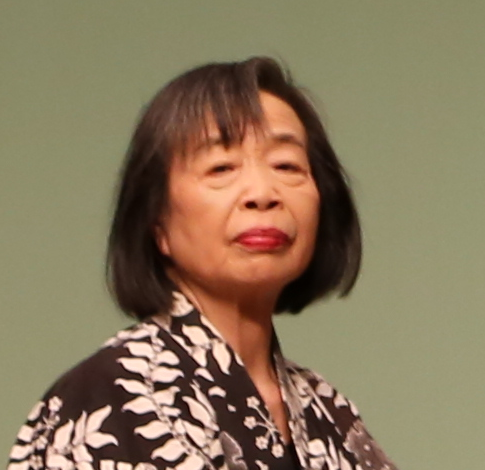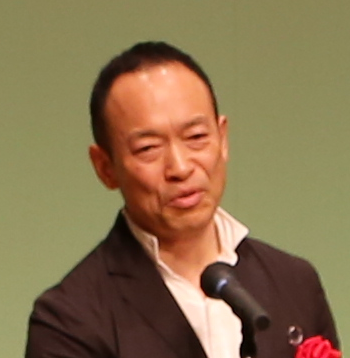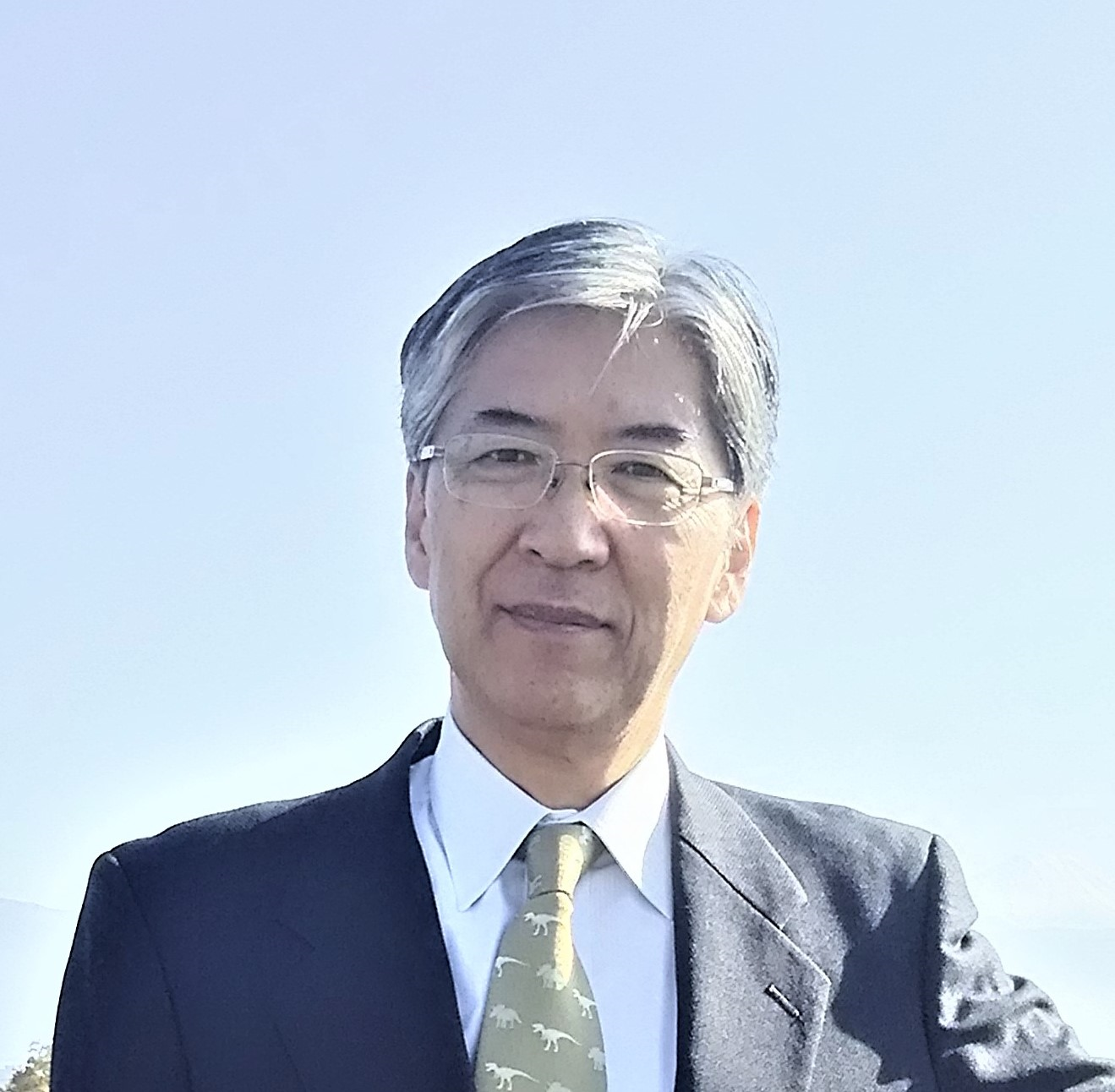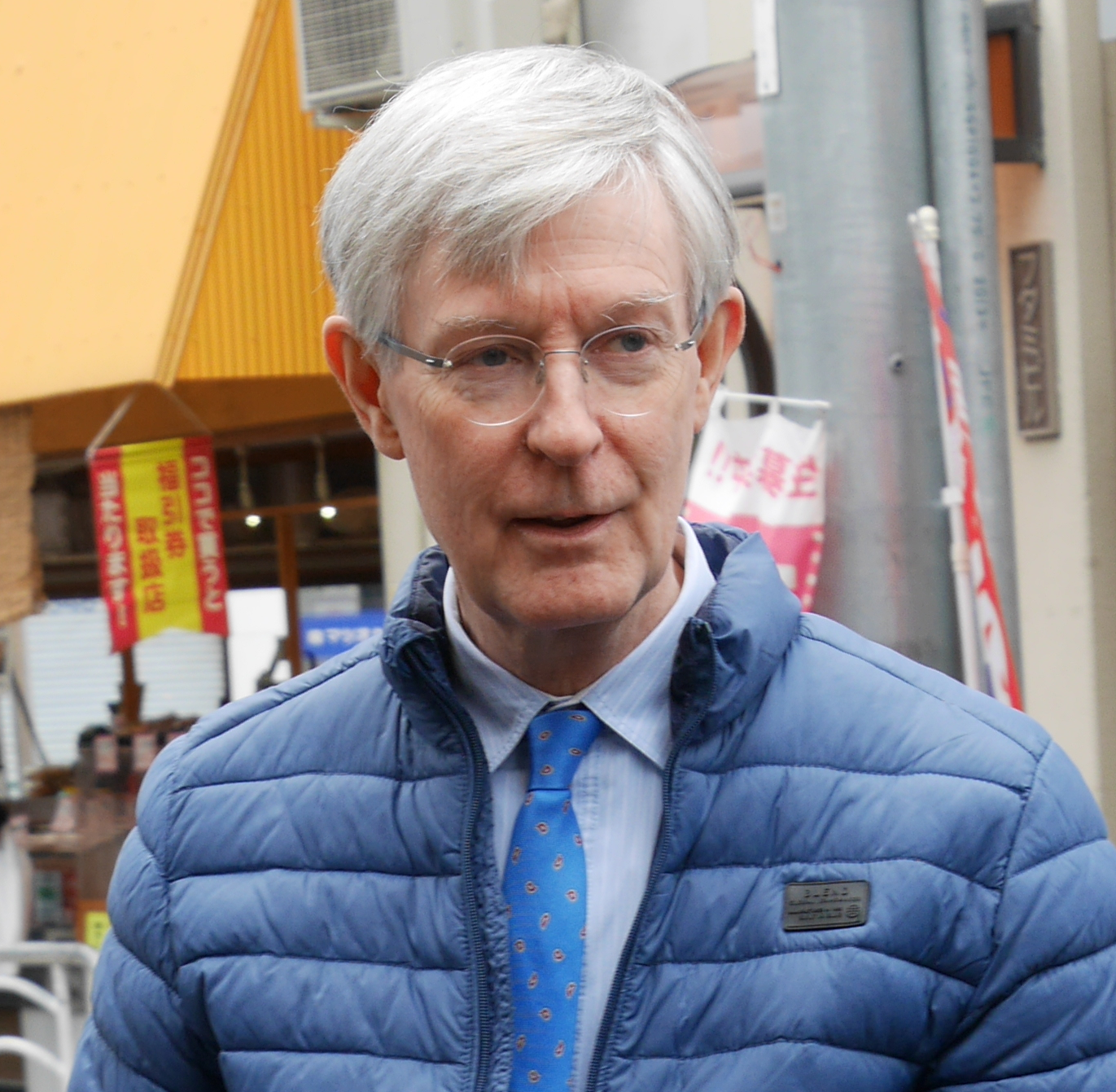Judges and Selectors
Update:2019年11月20日
Kuroda Momoko
 Born in Tokyo in 1938, she is a haiku poet and essayist, and the head of Aoi haiku group. She is the chief editor of the recently launched journal TOTA, and a member of Kudan (‘Aforesaid’), as well as the selector for Nikkei haiku column. She has received numerous awards, from the large haiku organisations, as well as the Katsura Nobuko Prize and the Dakotsu Prize. Her collections include Ki no isu (‘A wooden chair’), Ichiboku, isso (‘One tree, one blade of grass’) and Nikko, gekko (‘Sunlight, moonlight’), and volumes of essays on seasonal matters such as Tegami saijiki (‘Letter seasonal almanac’). I Wait for the Moon: 100 Haiku of Momoko Kuroda was published in English.
Born in Tokyo in 1938, she is a haiku poet and essayist, and the head of Aoi haiku group. She is the chief editor of the recently launched journal TOTA, and a member of Kudan (‘Aforesaid’), as well as the selector for Nikkei haiku column. She has received numerous awards, from the large haiku organisations, as well as the Katsura Nobuko Prize and the Dakotsu Prize. Her collections include Ki no isu (‘A wooden chair’), Ichiboku, isso (‘One tree, one blade of grass’) and Nikko, gekko (‘Sunlight, moonlight’), and volumes of essays on seasonal matters such as Tegami saijiki (‘Letter seasonal almanac’). I Wait for the Moon: 100 Haiku of Momoko Kuroda was published in English.
Hasegawa Kai
 Born in Kumamoto in 1954, he is a haiku poet, columnist and critic. He is the former head of Koshi, the haiku group he set up, and currently heads the online Kigosai seasonal almanac that lists 5,000 kigo or season words. He is a selector for the Asahi haiku column, and has a column in another newspaper too. He received the Suntory award for his first volume of essays, Haiku no uchu (‘The haiku cosmos’), and two prizes for his haiku collection Koku (‘The Void’), as well as later the Dakotsu Prize and other awards. He is the assistant director of the Kanagawa Prefecture Museum of Modern Literature, and has published seventeen collections of haiku, of which one, Okinawa, also appeared in English.
Born in Kumamoto in 1954, he is a haiku poet, columnist and critic. He is the former head of Koshi, the haiku group he set up, and currently heads the online Kigosai seasonal almanac that lists 5,000 kigo or season words. He is a selector for the Asahi haiku column, and has a column in another newspaper too. He received the Suntory award for his first volume of essays, Haiku no uchu (‘The haiku cosmos’), and two prizes for his haiku collection Koku (‘The Void’), as well as later the Dakotsu Prize and other awards. He is the assistant director of the Kanagawa Prefecture Museum of Modern Literature, and has published seventeen collections of haiku, of which one, Okinawa, also appeared in English.
Inoue Yasuaki
 Born in Yamanashi prefecture in 1952, he began writing haiku in his 20’s and studied under the late Iida Ryuta, besides contributing to the journal Unmo (‘Mica’), and then to Shira-tsuyu (‘Morning dew’), and he is now the head of Kakko (‘Cuckoo’) haiku group. His haiku collections include Shiho (‘All around’) and Kyokoku (‘Ravine’). He writes a haiku column for a newspaper in Yamanashi, and works as one of the selectors for the NHK national haiku contest, as well as others.
Born in Yamanashi prefecture in 1952, he began writing haiku in his 20’s and studied under the late Iida Ryuta, besides contributing to the journal Unmo (‘Mica’), and then to Shira-tsuyu (‘Morning dew’), and he is now the head of Kakko (‘Cuckoo’) haiku group. His haiku collections include Shiho (‘All around’) and Kyokoku (‘Ravine’). He writes a haiku column for a newspaper in Yamanashi, and works as one of the selectors for the NHK national haiku contest, as well as others.
David Burleigh
 Born in Ireland in 1950, he was introduced to haiku by an Irish poet at a time when it was little known, but has learnt more since coming to Japan. He has collaborated on the translation of three anthologies of haiku from Japanese, as well as one of poetry. He is an advisor to Ko haiku magazine in English (Nagoya), was an Assistant Editor of Modern Haiku (USA) for several years, and now contributes to a new journal, Seashores (Dublin). Short collections include Winter Sunlight and Wonder.
Born in Ireland in 1950, he was introduced to haiku by an Irish poet at a time when it was little known, but has learnt more since coming to Japan. He has collaborated on the translation of three anthologies of haiku from Japanese, as well as one of poetry. He is an advisor to Ko haiku magazine in English (Nagoya), was an Assistant Editor of Modern Haiku (USA) for several years, and now contributes to a new journal, Seashores (Dublin). Short collections include Winter Sunlight and Wonder.
